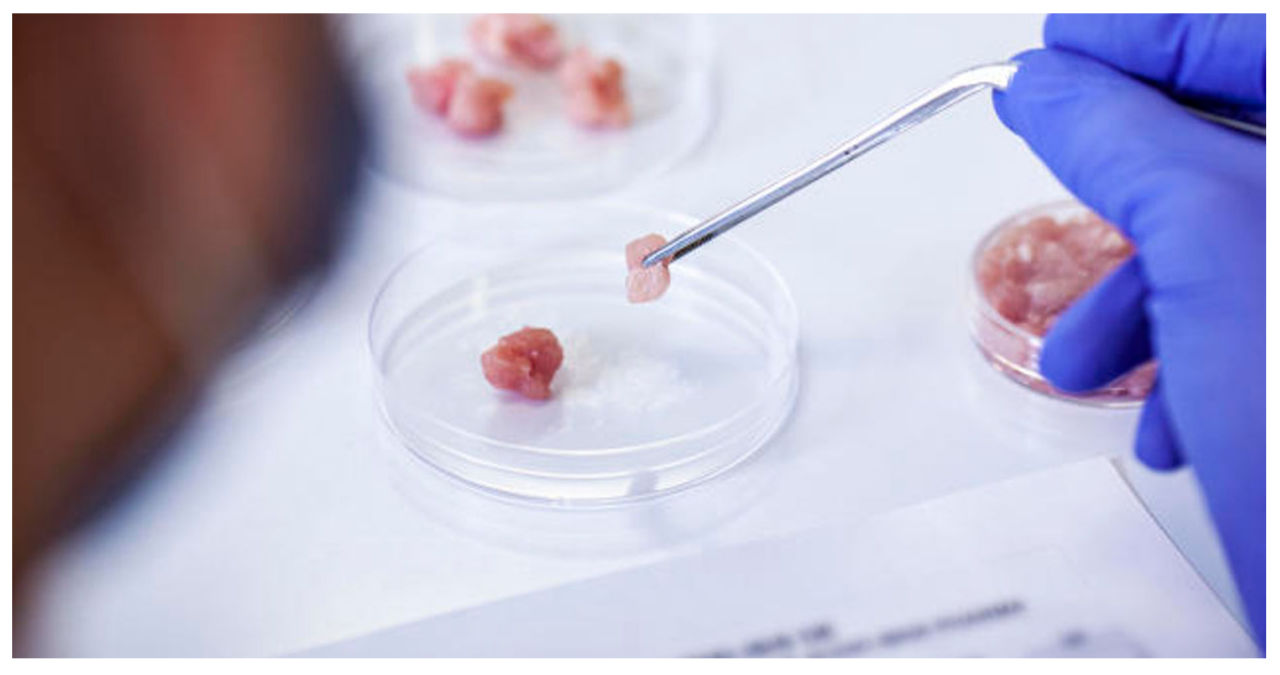Alabama has joined the ranks as the second state in the United States to reject cultivated meat, a promising alternative protein sourced from animal cells.
Alabama recently passed a bill that has banned the production, sale, and distribution of food products made from cultured animal cells. This legislation was proposed by Sen. Jack Williams, who serves as the vice chair of the Senate Agriculture, Conservation, and Forestry Committee. On May 7, the bill was signed into law by Gov. Kay Ivy.
Last week, Florida Governor Ron DeSantis made history by becoming the first state to prohibit the sale of lab-grown meat. During a press conference on May 1, which coincided with the beginning of National Beef Month, DeSantis expressed his support for the agricultural industry, cattle ranchers, and farmers. He emphasized the significance of these sectors as the backbone of the state.
According to DeSantis, Florida is currently taking a stand against the agenda of the global elite, who are pushing for the consumption of lab-grown meat or insects as a means to exert control over the world.
According to the Florida Department of Agriculture and Consumer Services, the state generates over $900 million per year through the sales of beef cattle and breeding stock.
Beef production has become a central topic in climate change discussions due to its significant role in global methane emissions. According to the Environmental Protection Agency, a single cow emits between 154 to 264 pounds of methane gas per year. When considering the 1.5 billion beef cattle raised worldwide, this amounts to an astonishing total of at least 231 billion pounds of methane released into the atmosphere annually.
Cell-based protein offers an environmentally-friendly alternative to traditional livestock farming as it eliminates the need for land, water, and crops. This is particularly significant as the global demand for meat continues to increase. In fact, the funding for cultivated meat and seafood companies has reached $225.9 million in 2023 alone, with a total investment exceeding $3 billion since 2013, according to the Good Food Institute.
According to Sean Edgett, the chief legal officer of Upside Foods, the legislation that prohibits cultivated meat is a thoughtless decision that disregards the expertise of food safety professionals and scientific research. Edgett asserts that such legislation restricts consumer choice and impedes American innovation. He highlights that significant meat companies have already invested in cultivated meat to strengthen their supply chains and meet the increasing global demand for meat. Edgett emphasizes the importance of embracing innovation for a more promising future in the food industry.
Upside, a company that specializes in cultivated meat, has recently gained approval from the USDA to sell their chicken products in the United States. This significant achievement has attracted investments from industry leaders such as Cargill and Tyson Foods, as well as notable figures like Richard Branson and Bill Gates.
Upside took action following the bans in Alabama and Florida, launching a petition on change.org. The aim of the petition is to encourage consumers to voice their concerns to politicians and urge them to refrain from interfering with their dietary choices.



